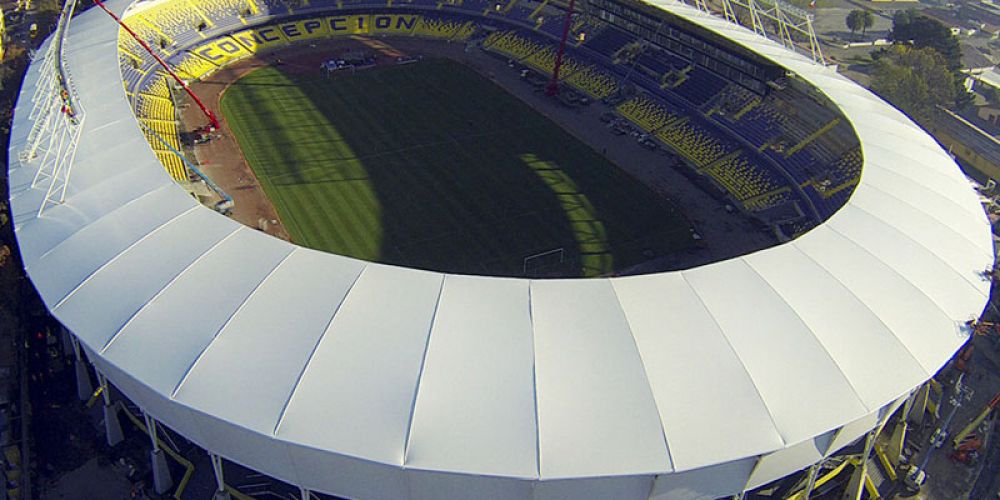
Environmentally Friendly
PVC is made of Halogen-Free FR additives, which is considered to be both the most advanced, and the most environmentally friendly fabric available in the market today, with100% recyclable materials used.
Solar Transmission
An Excellent and very high rate of UVR blockage, with the percentage of UVR transmission depending on the fabric selected, and its respective properties.
Lightweight Nature
Tensile membrane requires less structural steel support than conventional construction materials, which lowers project costs for building owners and provides faster erections and installations. PVC, as a result, is a great lightweight choice due to the material’s elemental nature.
Maintenance
Structures made from PVC fabric, are of low maintenance, and can be easily rectified, if damaged.
Life Span
The Life of PVC fabric, spans approximately ten to thirty years, making it a solid choice for long term use. The fabric’s warranty is subject to the nature and amount of exposure it has overtime, as well as the structure’s location, and other deciding factors.
Application
PVC is often used for car park shades, walkways, facades, playground shades, stadiums, tents, interior ceiling entrances, swimming pool and sports arena enclosures, and other common society applications.